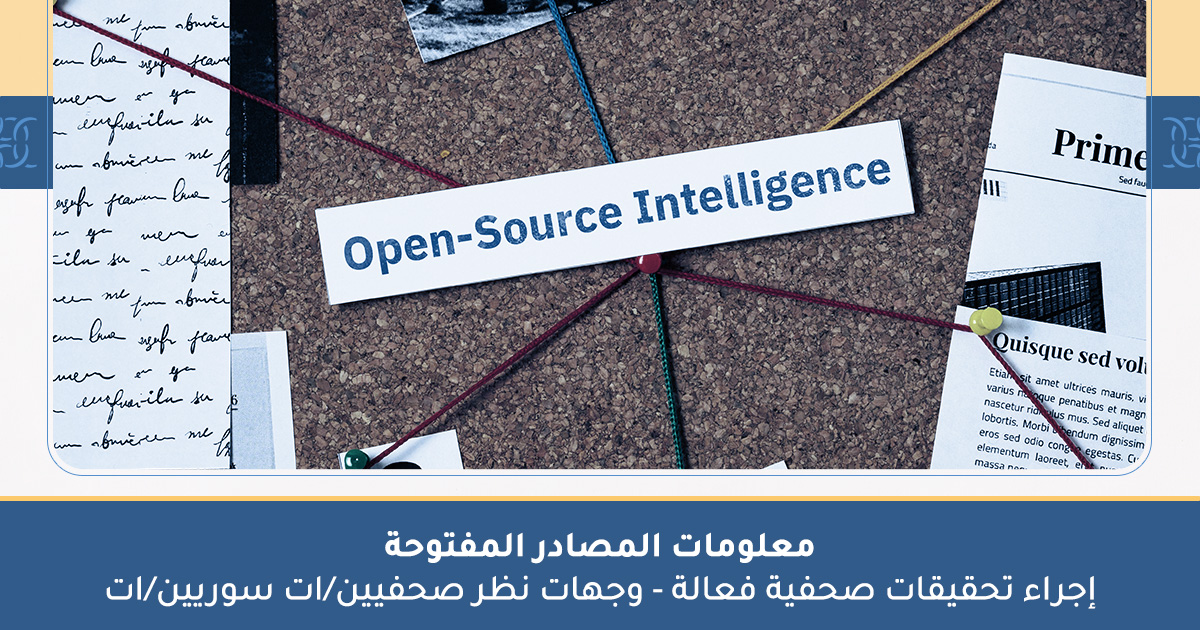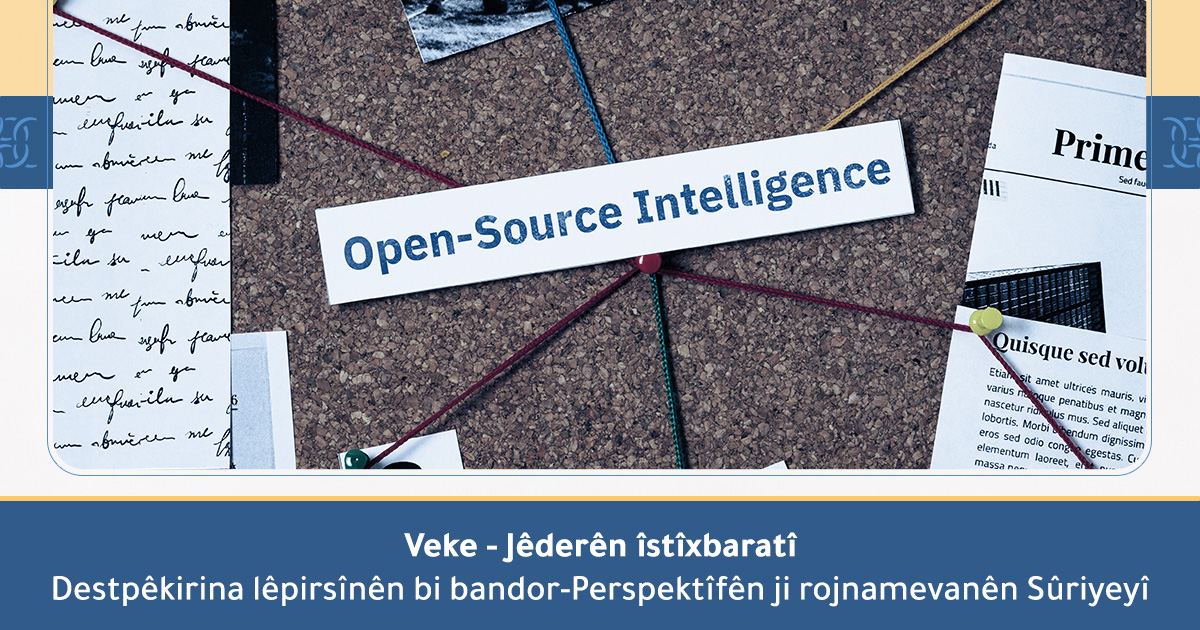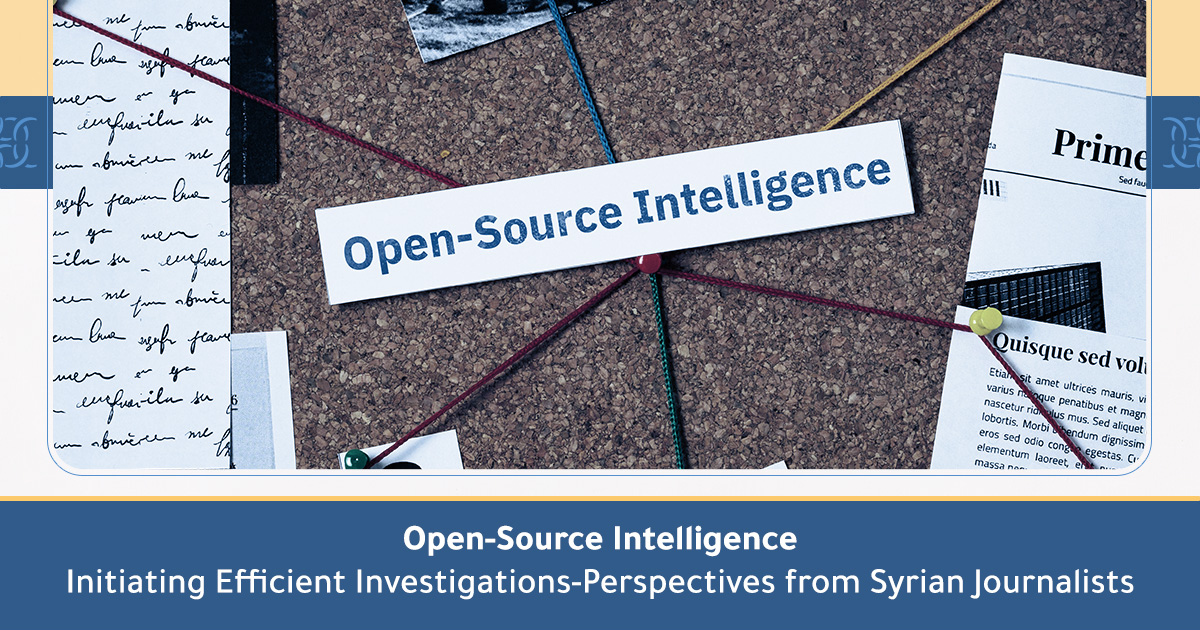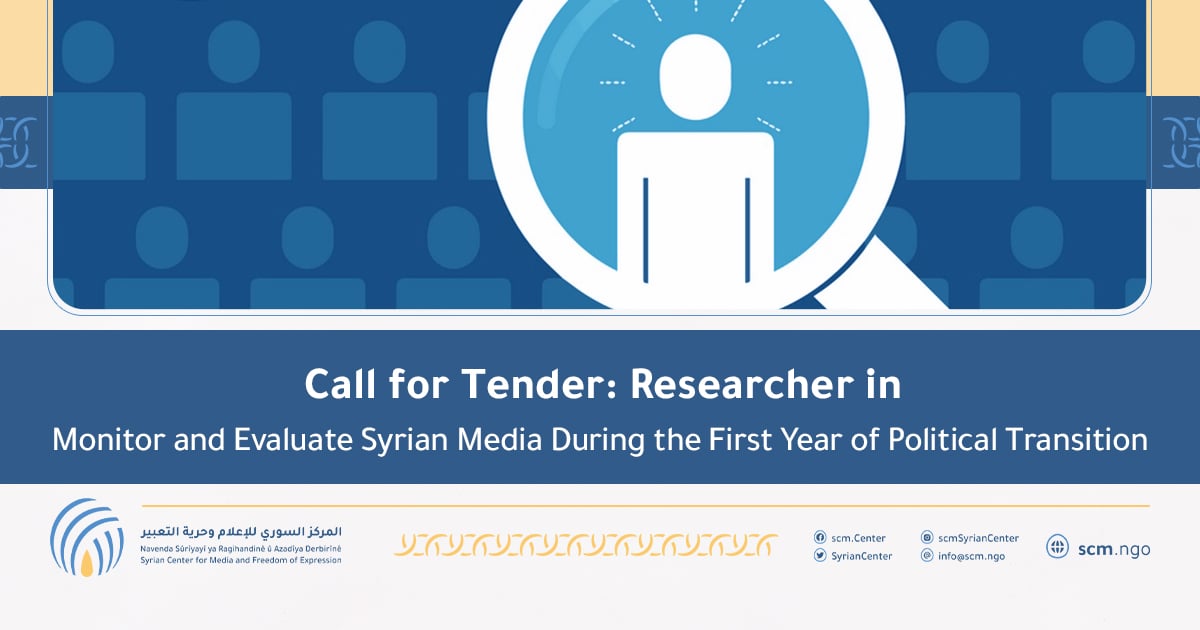30 March 2017
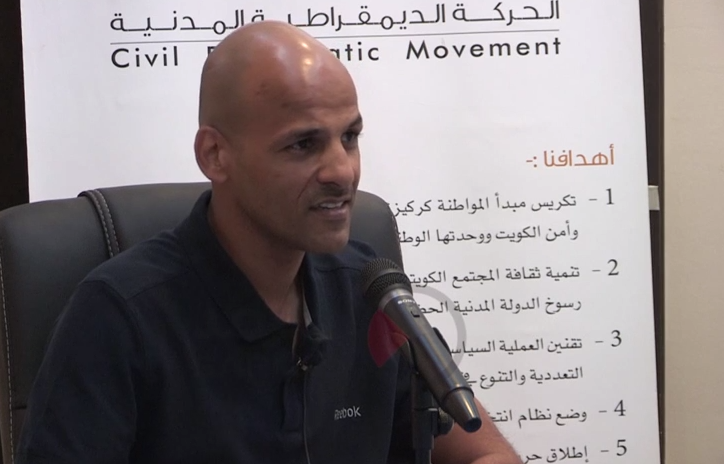 “I needed to become a human rights defender to work specifically on the violence against our people from the state security, and the riot police, whenever we would go out to demonstrate. I take photos and films; I publicise their violence. This is why the government is trying to stop me.”
“I needed to become a human rights defender to work specifically on the violence against our people from the state security, and the riot police, whenever we would go out to demonstrate. I take photos and films; I publicise their violence. This is why the government is trying to stop me.”
Imprisoned Kuwaiti activist Abdulhakim Al Fadhli has been named one of five finalists for the 2017 Front Line Defenders Award for Human Rights Defenders at Risk, presented annually in Ireland. Abdulhakim is currently serving a one year prison sentence for his peaceful activism on behalf of Kuwait’s stateless Bedoon and other minority communities in Kuwait.
In Dublin today, jury members selected human rights defenders from Ukraine, Nicaragua, Vietnam, South Africa and Kuwait after receiving 142 nominations from 56 countries. The Award is presented annually to a human rights defender who – at great personal risk – has made an exceptional contribution to protecting and promoting the rights of their communities.
“These five defenders demonstrate the tenacity and will to persist in the face of severe, often life-threatening risks,” said Andrew Anderson, Executive Director of Front Line Defenders, as he announced the finalists in Dublin on 30 March.
The 2017 finalists and their families have faced attacks, defamation campaigns, legal harassment, death threats, prison sentences, and intimidation. Front Line Defenders works to promote the visibility and protection of the five finalists named today, who are critical to the human rights movements in their countries and communities.
“Human rights defenders tell us that international visibility is vital to their work, particularly as governments and corporations work to defame, slander, and delegitimize their peaceful struggle for rights,” said Mr. Anderson. “Our Award recognises the courage of Nonhle, Francesca, Abdulhakim, Emil and Nghien. Their struggle has not gone unnoticed and we in Ireland support their fight for rights.”
The term Bedoon, meaning “without” in Arabic, refers to the community of stateless persons, native to Kuwait, who are prohibited from obtaining any official state documents including, but not limited to, birth, death and marriage certificates. Abdulhakim is currently serving a one-year prison sentence and faces deportation upon release. Throughout his imprisonment, he has protested and staged hunger strikes against the inhumane and unsanitary conditions in the Anbar 4 prison facility, where he has also been subjected to solitary confinement.
Vietnamese blogger Pham Thanh Nghien spent four years in prison for her work publicising violations against and defending the rights of relatives of fishermen killed by Chinese patrols. Following her release, she was kept under house arrest, during which time she spearheaded numerous human rights campaigns and co-founded the renowned Vietnamese Bloggers’ Network. Nghien has had her home raided, been blocked from attending medical appointments, had a padlock placed on her door from the outside, and been refused a marriage certificate. Nghien has also survived numerous physical assaults aimed at stopping her powerful, peaceful work uncovering and publicising human rights violations in Vietnam.
Emil Kurbedinov is a Crimean Tatar and human rights lawyer. Since the occupation of Crimea by the Russian Federation, Emil has been defending the persecuted Crimean Tatar minority, civil society activists and journalists. He also provides emergency response and documentation of rights violations during raids and searches of activists’ homes. In January 2017, masked representatives from Crimea’s Centre for Counteracting Extremism abducted Emil and took him to a local directorate of the Russian Federal Security Service (FSB) for interrogation. A district court found him guilty of “propagandizing for extremist organisations” and sentenced him to ten days in detention.
Nonhle Mbuthuma has persisted in her struggle for land and environmental rights in South Africa’s Eastern Cape despite assassination attempts, ongoing death threats and the murder of her colleague. She is a founder and current member of the Executive Committee of the Amadiba Crisis Committee, formed to unite community members in five villages of the Amadiba Tribal Authority region opposing destructive mining projects. In July 2016, Nonhle and other activists successfully forced the biggest shareholder in a titanium mining project to withdraw, but threats to activists continue as the community now fears the project will continue with funding from local “front” companies.
Human rights defender Francisca Ramírez Torres‘ children were attacked in attempt to stop her powerful work advocating against a destructive inter-oceanic canal in Nicaragua. Francisca is the coordinator of the Council for the Defence of Land, Lake and Sovereignty, which educates communities on their rights, campaigns for the repeal of laws allowing land-grabbing. The proposed canal would displace thousands of small farmers and indigenous peoples, without respecting their right to free, prior and informed consent. Francisca has been detained, harassed, and had her home and family attacked for her peaceful resistance to this destructive canal project.
The recipient of the 2017 Front Line Defenders Award for Human Rights Defenders at Risk will be announced at a ceremony at Dublin’s City Hall on Friday, 26 May at 8 AM.
For more information, please contact:
Erin Kilbride
Media Coordinator
Front Line Defenders

